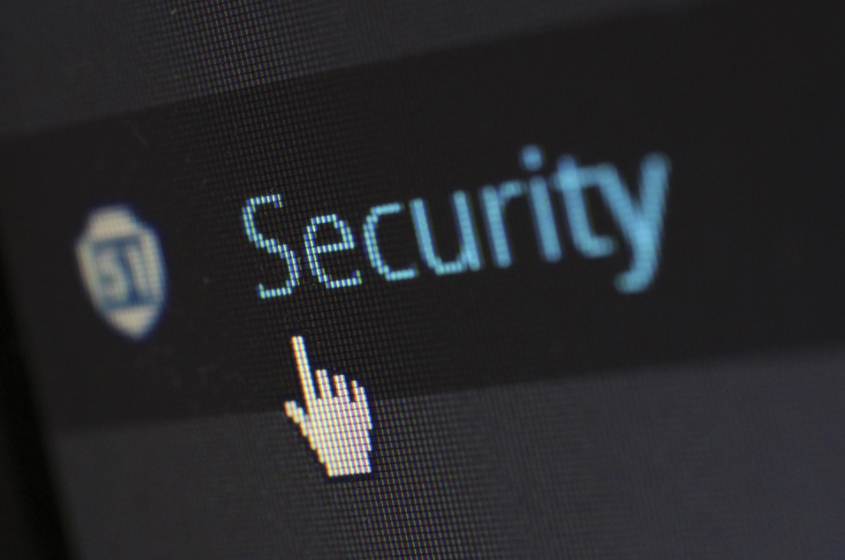Border crossings are “legal limbos” where basic rights are virtually non-existent.
By Sunday Aken for the Ryerson Journalism Research Centre
Border crossings are “legal limbos” where basic rights are virtually non-existent, journalist and Ryerson School of Journalism lecturer Robert Osborne told students and faculty members at the Ryerson School of Journalism’s recent teach-in.
Osborne was one of three guest speakers leading a workshop on how Canadian journalists can do their jobs and protect both their sources and their privacy in an era of increased government surveillance and security measures. The workshop was one of eight sessions held in lieu of regularly scheduled classes during a special Ryerson School of Journalism teach-in on March 14. Programming was designed to help journalism students “make sense of a world in which journalists – and so many others – are being insulted, demeaned and dismissed,” the teach-in website said.
“Border officers have so much power it’s almost frightening,” Osborne said during his presentation at the Rogers Communications Centre. In the absence of legal protections, he said, journalists need to do everything possible to avoid provoking suspicion when crossing into the United States. Keeping a low profile, he said, involves “smiling and being nice” to border guards and “removing sunglasses and hats” when asked.
During his research for the workshop, Osborne said U.S. customs officials informed him that travellers are not afforded any Canadian rights or U.S. rights because they are at the threshold of both countries and are not guaranteed protection. He said the lack of legal recourse for the actions of the border guards means “reducing your profile” is the only option, even if it involves “unpalatable obsequiousness.”
Osborne said journalists travelling for work or leisure need to be mindful of the authority border guards possess to detain, extensively question, seize personal effects or deny entry into the country. He shared his own experience of having two members of his production crew denied entry into the U.S. for a project several years ago. Osborne said the incident occurred when he and his team were flying from Vancouver to Los Angeles. U.S. customs denied his sound technician entry because they believed his reason for travel was to take a job that could be otherwise filled by a U.S. citizen. When officers found out that the camera operator had already cleared customs, they removed him from the plane and denied him entry as well.

